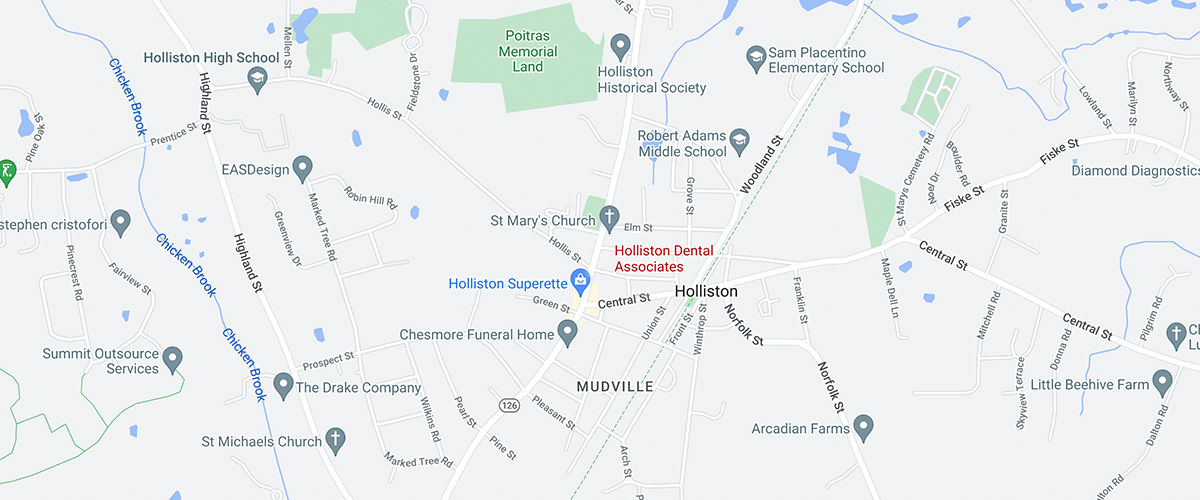
Our gums cover and protect the sensitive roots of our teeth and the bone around them. While we often think of gum tissue as a rosy shade of pink, that’s not a hard and fast rule. Just as skin tones vary, gum color can vary from person to person.
Healthy gums can range from light pink to darker pink to hues of brown or black. Because your gums are a good indicator of your oral health, what’s important isn’t your normal gum color, it’s noticing any changes in your normal gum color. These changes could be symptomatic of several different dental and medical conditions.
Pale Gums
If the overall appearance of your gums is paler than usual, anemia is a prime suspect. Anemia is a common condition caused by a low red blood cell count. Hemoglobin in red blood cells delivers the oxygen our tissues need to function properly, and without enough, we suffer symptoms like fatigue, weakness, pallor, faintness, and rapid heartbeat.
Anemia can be caused by an underlying medical condition, or can develop because of other issues, such as iron or vitamin deficiencies, pregnancy, ulcers, certain medications, or heavy menstrual periods. If you have any of the symptoms of anemia, seeing your doctor for a blood test is a good idea.
Occasionally, gums can also lighten up after a tooth whitening procedure. This is due to tissue irritation caused by the bleaching chemicals. Usually this condition is very temporary.
Ask Dr. Edmond Massabni for advice if you experience irritation after home treatments. Having your teeth whitened by a dental professional is one way to make sure your gums get the best protection possible during the process.
Red Gums
Red gums are a common symptom of gingivitis (early gum disease). Plaque and tartar irritate your gums, and gum tissue reacts to this irritation by becoming inflamed. Left untreated, gingivitis becomes periodontitis (serious gum disease), which can destroy the bone around the tooth and lead to tooth loss.
If you notice signs of gingivitis—redness, swelling, bleeding, bad breath—talk to Dr. Edmond Massabni. Often, gingivitis is easily remedied in the early stages by better attention to dental hygiene. Brushing for two minutes at least twice each day and flossing at least once a day are a good base line for keeping gum disease at bay.
Redness can also be caused by infection. If you’re experiencing redness, pain, loose teeth, swelling, pus, or fever, it’s important to see Dr. Edmond Massabni as soon as possible in case you have an abscess or infected dental cyst. Without treatment, infection can seriously damage gum tissue, teeth, and underlying bone.
Brushing too hard or using the wrong brush can cause gum irritation. Do your gums (and teeth!) a favor by using proper brushing technique—massage, don’t scrub—and always use a soft-bristled brush.
Spots of Discoloration
Sometimes you notice a patch of lighter or darker tissue that you haven’t seen before. A spot that is different from the gum tissue around it can be harmless or need further attention.
Contact our Holliston, MA office if you have any recent discoloration, sores, pain, lumps, or any differences in appearance or sensation in your mouth. There are several types of oral cancer and prompt diagnosis and treatment is important to prevent the spread of cancerous cells.
You know your smile better than anyone. Any time you see a change in the usual appearance of your gums, it’s important to see Dr. Edmond Massabni. Treating gum problems before they become serious is one of the best ways to keep yourself—and your smile—in the pink of health!




